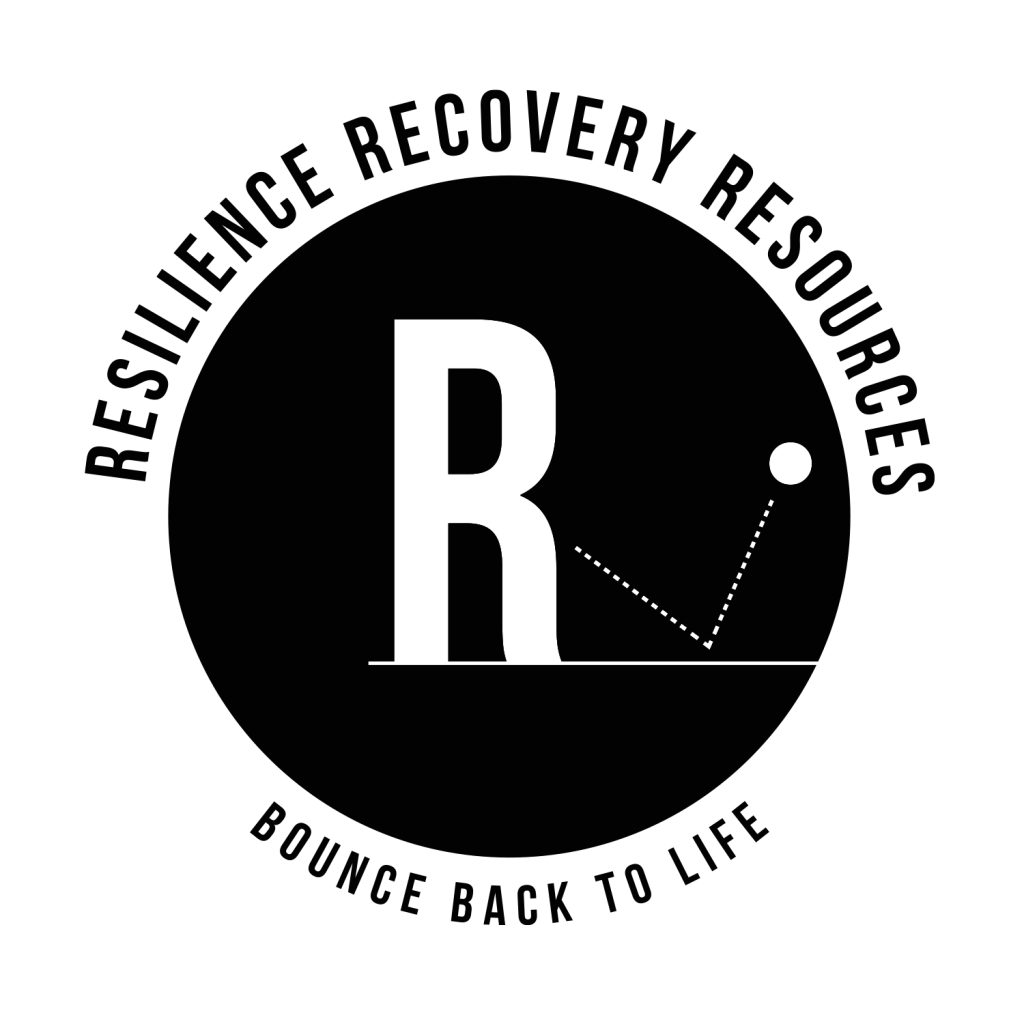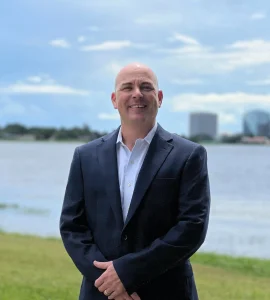When your teenage son is struggling with mental health challenges or substance abuse, finding the right level of care can feel overwhelming. You want treatment that’s effective but doesn’t completely disrupt his education and social development. An Intensive Outpatient Program (IOP) may be the solution you’re looking for—offering structured, comprehensive care while allowing your teen to remain at home and engaged in his daily life.
Understanding what an IOP entails and whether it’s the right fit for your family is crucial to making informed decisions about your son’s mental health care. This guide provides parents with essential information about teen IOPs, helping you navigate this important treatment option with confidence.
Understanding Intensive Outpatient Programs for Teens
An Intensive Outpatient Program represents a middle ground between traditional weekly therapy and residential treatment. IOPs provide structured, therapeutic support several times per week while allowing teens to live at home and maintain important aspects of their routine.
For adolescent males ages 14-17 and young adults 18-28, IOP at Resilience Recovery Resources offers age-appropriate, gender-specific programming that addresses the unique ways mental health symptoms and substance use present in males. Research from the National Institute of Mental Health shows that mental health disorders often manifest differently in males, with externalizing behaviors like aggression and risk-taking being more common than the internalizing symptoms typically associated with conditions like depression.
What Makes IOP Different from Other Treatment Levels?
Unlike weekly outpatient therapy sessions, IOP provides nine or more hours of structured therapeutic programming per week, typically scheduled over three to five days. This intensity allows for meaningful clinical progress while teens continue attending school and spending time with family.
The level of care provided through IOP falls between standard outpatient treatment and Partial Hospitalization Programs (PHP). According to the Substance Abuse and Mental Health Services Administration (SAMHSA), IOPs serve as an essential step-down from more intensive care or as step-up treatment when weekly therapy isn’t providing enough support.
Our IOP programming incorporates evidence-based approaches including Cognitive Behavioral Therapy (CBT), Dialectical Behavior Therapy (DBT), and trauma-informed care—all delivered in a supportive environment designed specifically for male adolescents and young adults.
When Is IOP the Right Choice for Your Teen?
Determining the appropriate level of care requires careful consideration of your son’s current symptoms, safety needs, and treatment history. IOP may be appropriate when teens need more support than weekly therapy but don’t require 24-hour supervision.
Signs Your Teen May Benefit from IOP
Parents should consider IOP when they observe:
Escalating Mental Health Symptoms: If your son’s anxiety, depression, or other mental health challenges are worsening despite regular therapy, IOP’s increased structure and frequency can provide the additional support needed.
Substance Abuse Concerns: For teens experimenting with drugs or alcohol or showing signs of developing substance use disorders, IOP offers intensive intervention without requiring full-time residential placement. The National Institute on Drug Abuse notes that early intervention during adolescence is particularly critical, as the teen brain is still developing and more vulnerable to the effects of substances.
Co-Occurring Disorders: When mental health conditions and substance use occur together—what clinicians call co-occurring disorders—integrated treatment addressing both issues simultaneously leads to better outcomes. Research published by SAMHSA demonstrates that addressing these conditions concurrently rather than sequentially significantly improves long-term recovery rates.
Trauma-Related Symptoms: Adolescent males who have experienced trauma may struggle with emotional regulation, relationship difficulties, or risky behaviors. Trauma treatment within IOP provides the frequency and intensity needed to process difficult experiences while building healthy coping skills.
Transitioning from Higher Levels of Care: If your son is stepping down from PHP or residential treatment, IOP provides continued structure and support as he reintegrates into his regular environment—a critical period when relapse risk is often highest.
What to Expect: The IOP Experience
Understanding the structure and expectations of IOP helps families prepare for this treatment commitment and maximize its benefits.
Program Structure and Time Commitment
Teen IOPs typically require 9-12 hours of programming per week, scheduled strategically to minimize disruption to school attendance. At Resilience Recovery Resources, programming is designed to accommodate educational commitments while providing the intensity needed for meaningful clinical progress.
Sessions include a combination of:
- Individual therapy addressing personal treatment goals and underlying issues
- Group therapy where teens connect with peers facing similar challenges and develop social skills
- Family therapy to improve communication, address family dynamics, and build a supportive home environment
- Psychoeducation teaching teens and families about mental health, substance use, and recovery skills
- Skills training in areas like emotional regulation, distress tolerance, and healthy coping strategies
Male-Specific Programming
Research consistently shows that gender-specific programming improves engagement and outcomes, particularly for adolescent males. Males often face unique cultural pressures around emotional expression, with societal messages that discourage vulnerability and help-seeking. This can lead to underdiagnosis of conditions like depression, which may present as irritability, anger, or risk-taking behavior rather than sadness.
Our male-focused approach recognizes these patterns and creates a therapeutic environment where teenage boys feel comfortable opening up about their struggles without fear of judgment. According to the Centers for Disease Control and Prevention, males are significantly more likely to die by suicide than females, highlighting the critical importance of addressing emotional health in boys and young men.
Active Participation Requirements
Success in IOP requires active engagement from both teens and their families. Expectations include:
Regular Attendance: Consistent participation is essential for building momentum in treatment and developing therapeutic relationships.
Completing Assignments: Teens may be asked to practice skills learned in sessions, journal about their experiences, or complete therapeutic homework between sessions.
Family Involvement: Parents play a crucial role in supporting their son’s recovery. Family therapy sessions help address dynamics that may be contributing to struggles and teach families how to support ongoing recovery.
Honesty and Engagement: Treatment works best when teens are willing to participate authentically in therapy, even when discussions are difficult.
IOP vs. Other Levels of Care: Making the Right Choice
Understanding how IOP compares to other treatment options helps families select the most appropriate level of care.
IOP vs. PHP (Partial Hospitalization Program)
While both provide intensive treatment, PHP offers more hours per day (typically 5-6 hours daily, five days per week) and is appropriate for teens who need more structure than IOP but don’t require 24-hour care. Our PHP programming serves teens with more acute symptoms or those stepping down from residential treatment.
IOP provides fewer hours per week but still offers significant structure and support—ideal for teens who are stable enough to manage with less intensive care or who are transitioning from PHP to less intensive treatment.
IOP vs. Residential Treatment
Residential programs provide 24-hour supervision in a controlled environment, appropriate for teens with severe symptoms, significant safety concerns, or those who need to be removed from their current environment to focus entirely on recovery.
IOP allows teens to remain in their home and community, applying skills learned in treatment to real-world situations immediately. This “practice in context” is invaluable for building lasting coping strategies and maintaining progress after treatment ends.
IOP vs. Traditional Outpatient Therapy
Weekly outpatient therapy sessions serve many teens well, but when symptoms escalate or progress stalls, IOP’s increased frequency and structure can provide the boost needed to get treatment back on track. The difference lies in intensity—IOP provides comprehensive programming multiple times weekly rather than one therapy session per week.
The Benefits of IOP for Teen Males
Intensive Outpatient Programs offer distinct advantages that make them an effective treatment option for many adolescent males.
Maintaining Normal Routines
One of IOP’s greatest strengths is allowing teens to continue living at home, attending school, and participating in activities they enjoy. This continuity is important for adolescent development and helps teens maintain the social connections and routines that support their identity and well-being.
Research from the American Psychological Association indicates that maintaining regular routines during treatment helps teens develop confidence in their ability to manage challenges in their everyday environment, rather than only in controlled clinical settings.
Real-World Application of Skills
Because teens remain engaged in their daily lives during IOP, they can immediately practice coping strategies learned in therapy when facing actual stressors. This real-time application strengthens skills and builds confidence more effectively than learning in isolation.
Family Engagement and Healing
Mental health challenges affect the entire family system. IOP’s family therapy component helps parents understand what their son is experiencing, improves communication patterns, and addresses family dynamics that may contribute to struggles. According to SAMHSA, family involvement in adolescent treatment significantly improves outcomes and reduces relapse rates.
Parents learn strategies for supporting their son’s recovery while maintaining appropriate boundaries and expectations. This collaborative approach strengthens the family unit and creates a home environment that supports ongoing wellness.
Building Peer Connections
Group therapy is a cornerstone of IOP programming. For teenage males who may feel isolated by their struggles, connecting with peers facing similar challenges reduces shame and builds a sense of community. These connections often become important sources of ongoing support even after treatment concludes.
Male-specific groups allow boys to explore topics like identity, masculinity, relationships, and emotional expression in a space designed for their unique experiences and developmental needs.
Cost-Effectiveness
Compared to residential treatment, IOP provides intensive care at a significantly lower cost while allowing teens to remain at home. Many insurance plans cover IOP services, though coverage varies. Our admissions team can help families understand their specific benefits and financial options.
How Parents Can Support Their Teen in IOP
Your involvement and support significantly impact your son’s success in IOP. Here are practical ways to help:
Stay Engaged in Treatment
Attend family therapy sessions consistently and communicate regularly with your son’s treatment team. Understanding what he’s working on in therapy helps you reinforce skills at home and recognize signs of progress.
Create a Supportive Home Environment
Foster an atmosphere where your son feels safe expressing emotions and asking for help. This may mean adjusting communication patterns, setting appropriate boundaries, or addressing family dynamics that contribute to stress.
Maintain Realistic Expectations
Recovery is a process, not a linear progression. There will be difficult days and setbacks. Celebrate small victories while understanding that meaningful change takes time.
Research shows that adolescent brain development continues through the mid-20s, particularly in areas governing impulse control and emotional regulation. This means teens are still developing the very skills that mental health treatment aims to strengthen—patience and consistency are essential.
Address Your Own Needs
Supporting a teen through mental health challenges is demanding. Taking care of your own emotional health, seeking support from partners or friends, and possibly engaging in your own therapy helps you remain a stable source of support for your son.
Encourage Continued Engagement
Even when your son shows improvement, completing the recommended course of treatment is important for sustaining gains. Encouraging consistent attendance and engagement, even when he feels better, prevents premature discontinuation that can lead to setbacks.
What Happens After IOP?
Successful completion of IOP isn’t the end of the recovery journey—it’s a transition to the next phase of care. Aftercare planning is a critical component of IOP programming.
Many teens step down to regular outpatient therapy after IOP, maintaining momentum with less frequent but ongoing support. Others may benefit from sober living environments that provide structure and accountability while allowing increasing independence.
Ongoing support might include:
- Individual therapy sessions, typically weekly or bi-weekly
- Periodic family therapy to address evolving dynamics
- Support groups or alumni programming
- Psychiatric medication management if appropriate
- Skills practice and check-ins
The goal is creating a sustainable support system that prevents relapse and promotes continued growth.
Finding the Right IOP for Your Son
When researching IOP options, consider programs that specialize in treating adolescent males and offer age-appropriate programming. Gender-specific and developmentally appropriate treatment significantly improves engagement and outcomes.
Look for programs that:
- Employ licensed clinicians with specialized training in adolescent mental health
- Use evidence-based therapeutic approaches with proven effectiveness
- Provide comprehensive assessment and individualized treatment planning
- Include family therapy and education as core components
- Offer a clear continuum of care for stepping up or down in treatment intensity
- Maintain appropriate staff-to-client ratios for individualized attention
At Resilience Recovery Resources, our West Palm Beach location serves adolescent males ages 14-17 and young adult males ages 18-28 through our specialized tracks. This age-group separation ensures developmentally appropriate programming while our male-specific focus addresses the unique ways mental health challenges present in boys and young men.
Taking the First Step
If you’re considering IOP for your son, reaching out for a confidential assessment is the first step. Our clinical team will evaluate his current symptoms, treatment history, and needs to determine whether IOP is the appropriate level of care or whether a different treatment option would better serve his recovery.
No parent wants to see their son struggle with mental health or substance use challenges. The good news is that effective treatment exists, and IOPs offer a powerful option for teens who need intensive support while remaining connected to home, school, and community.
Recovery is possible, and taking action today sets your son on a path toward a healthier, more balanced future. Don’t wait for struggles to become crises—early intervention leads to better outcomes and can prevent more serious difficulties down the road.
Get Help for Your Teen Today
Resilience Recovery Resources provides comprehensive addiction and mental health treatment specifically designed for adolescent and young adult males in West Palm Beach. Our Intensive Outpatient Program offers the structure and support your son needs while allowing him to remain at home and engaged in his life.
If you’re ready to learn more about our IOP programming or to schedule a confidential assessment, contact us today:
Call: 561-566-5480
Visit: Contact Us
Your son’s recovery starts here. Let us help him build the skills, confidence, and resilience needed for lasting wellness.
Clinical References & Resources
National Institute of Mental Health (NIMH) – Mental Health Information
https://www.nimh.nih.gov/health/topics
Substance Abuse and Mental Health Services Administration (SAMHSA) – Treatment Locator & Resources
https://www.samhsa.gov/find-help/national-helpline
National Institute on Drug Abuse (NIDA) – Adolescent Brain Development and Substance Use
https://nida.nih.gov/publications/drugs-brains-behavior-science-addiction/adolescent-brain-continues-to-mature
Centers for Disease Control and Prevention (CDC) – Youth Mental Health
https://www.cdc.gov/childrensmentalhealth/index.html
American Psychological Association (APA) – Understanding Psychotherapy and How It Works
https://www.apa.org/topics/psychotherapy



